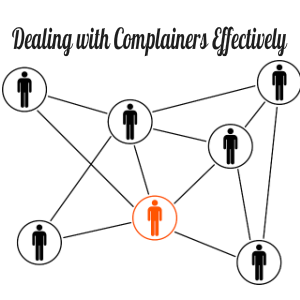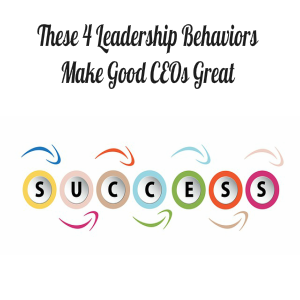This Skill Will Make or Break Your Job in the Age of Robots
In this ever-changing world of technology, we often find ourselves wondering what the future holds and how will this impact the workforce. The Future of Jobs Report stays one step ahead of this changing economy by diving headfirst into the heart of the workforce and finding out how jobs are changing. Specifically, they take a look at what skill sets are a dying breed and which ones are in high demand.
The Projected Top 10 Job Skills for Success in 2020:
- Complex problem solving
- Critical thinking
- Creativity
- People management
- Coordinating with others
- Emotional intelligence
- Judgement and decision-making
- Service orientation
- Negotiation
- Cognitive flexibility
Creativity Can Make or Break You
An interesting insight, if you compare these skills with the top skills of 2015, is that a surprising skill has climbed its way to the top: creativity. In a world where people find themselves asking if robots will replace them in the workforce, this is not so surprising.
The world of robotics has made enormous advances, but the one thing that can’t seem to be replicated is creativity.
If you don’t have a creative bone in you, don’t worry. Creativity in the workforce isn’t about becoming the next Van Gogh; it’s about creative thinking to come up with new solutions to problems and taking risks if it means getting results. Creativity is different than being an artist; everyone is creative but not everyone is an artist.
Why Creative Thinking Sets You Apart
Creative thinking goes beyond using a set of rules to come up with a solution. It means thinking through a problem, going through each solution in your mind, and being able to narrow down the best solution. Creative thinkers also know the value of failure. When you take a risk and fail, you tuck that away in your mind for future brainstorming.
It is emerging as a vital skill as we enter an age where adaptability is important. When employees are faced with unforeseen circumstances, it is how they respond to that situation that will set them apart. It is about how they are able to go outside of the rules and beyond the description of their role to come up with desired results.
Creative thinking is the driving force behind business success. If you want to set yourself apart and stay on the cutting edge of the workforce, then you need to practice your creative thinking skills. Until robotics goes beyond algorithms, it is human brain power that will continue to be at the forefront of the fourth industrial revolution.
We would love to hear your comments. Please contact us today!
Contact us today!
Gary Brunson
gary@myclearfocus.com
Debra Rider
debra@myclearfocus.com
574.361.2674
Sustainable Growth & Profit Consultant, Coach, Mentor and Counselor/Therapist for Business Owners and Professional.


 Any supervisor or manager deals with complainers in the workplace at some point. There are employees who complain about their co-workers or about the company itself. Complaining is hard to stop but you can deal with it effectively if you put a plan in place.
Any supervisor or manager deals with complainers in the workplace at some point. There are employees who complain about their co-workers or about the company itself. Complaining is hard to stop but you can deal with it effectively if you put a plan in place.